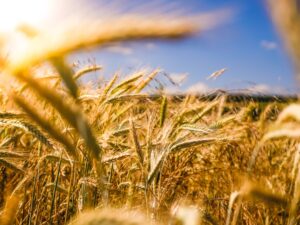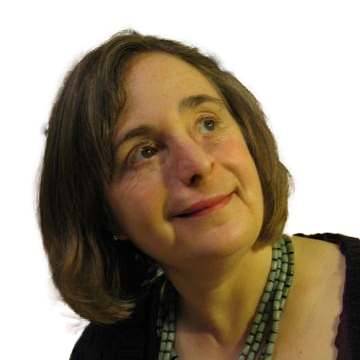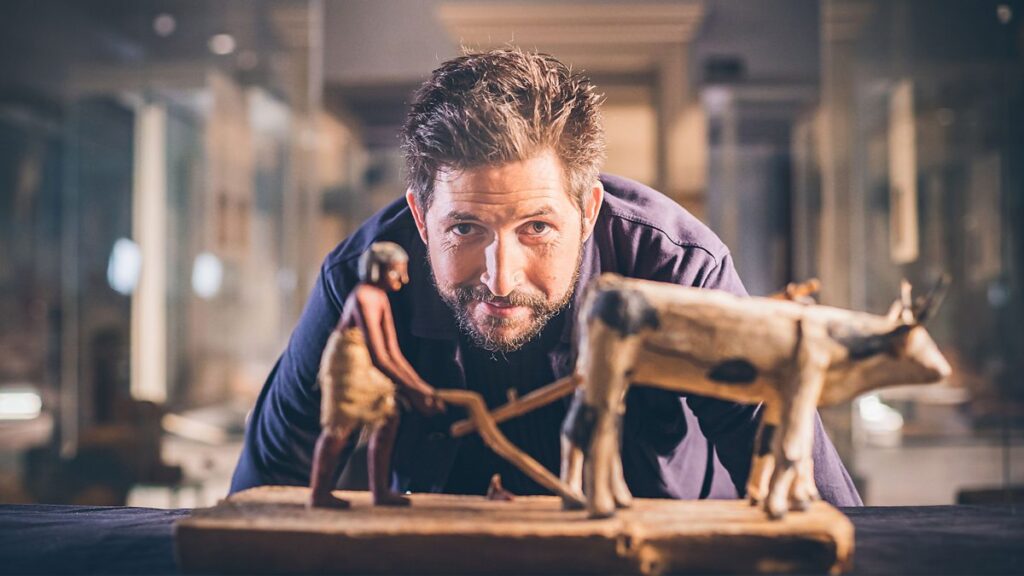In this first post of the Bryn Glas Blog I want to begin with the big picture and describe how I feel about our present global situation. And Iʼd like to begin as I intend to go on, by referring to something I’ve recently read or seen.
This year, more than once or twice, Iʼve come across the idea that when we humans gave up the hunter-gatherer lifestyle in favour of farming it wasnʼt an unmitigated blessing. Life must have been very challenging for our hunter-gatherer ancestors, and far less comfortable than the experience of most people today. But their lives must also have been vivid. To survive, they would all have needed to be awake and aware and hugely skilful, with the ability to read both the large landscape and the detail of their environment. Whatever you did might be crucial. Boredom must have been unknown. As hunter-gatherers, we did no lasting harm.
When we became farmers, we tied ourselves to a lifestyle with long stretches of relentless hard work. As weʼd given up our mobility, we also made ourselves more vulnerable to drought and flood. Of course, agriculture has enabled city lifestyles to flourish, and more than half our huge and growing population is now urban. But when we gained the benefits of civilisation, we also lost something. And we set ourselves on a course we are warned is leading to the greatest global threat since the asteroid that did for the dinosaurs. This theme was picked up by art historian, James Fox, in his BBC 4 TV series, Nature and Us. (www.bbc.co.uk/programmes/m0010jn8)
In Nature and Us, Fox charts changes in how humans have portrayed the natural world. In prehistoric cave paintings our hunter-gatherer ancestors made breath-taking representations of vividly alive, beautiful wild animals. Later, our focus went into portraying the human form. Landscapes, plants and wild animals became a decorative backdrop to that main, human, focus; docile-looking domestic and farm animals began to appear. Much more recently, portrayals of the natural world have actually been avoided as passé by some artists, while others have sought to express natureʼs fragility, or even dare to imagine a future without it.
Right at the beginning of the series, the questions is asked: what is nature? Arenʼt we part of it? Some prehistoric art shows humans with animal heads, snouts or tails. (Examples include cave paintings in Sulawesi, Indonesia, and the Lion-Man sculpture found in Germany.) There is a sense of connexion and continuity between humans and other species. Later, Fox points out, we made a separation between humans and the rest of the natural world.
 In the Book of Genesis, Adam and Eve are told to ʻhave dominionʼ over the other animals. Iʼm told the original Hebrew sounds just as uncompromising. At the time of the Queenʼs jubilee, pundits reminded us that to rule means to serve. But this is often forgotten, and ʻhaving dominionʼ has been interpreted as ʻusing as we like.ʼ We started to have dominion over the natural world by taming it, taking from it, enclosing it and altering it for our own use when agriculture began, about 10,000 years ago. By the seventeenth century, René Descartes was comparing animals to machines. (His ʻbête machineʼ of 1637.) Thereby, he unleashed the idea that because other species lack the kind of self-reflective and rational thought we do, they also lack either mind or soul, and cannot really suffer – even if they seem to be doing so. This view has been used to sanction the maltreatment of animals. It remained unchallenged in public debate until Darwin, who led us back to the idea that there is continuity between humans and other animals – as everyone who has befriended a being from another species has always known.
In the Book of Genesis, Adam and Eve are told to ʻhave dominionʼ over the other animals. Iʼm told the original Hebrew sounds just as uncompromising. At the time of the Queenʼs jubilee, pundits reminded us that to rule means to serve. But this is often forgotten, and ʻhaving dominionʼ has been interpreted as ʻusing as we like.ʼ We started to have dominion over the natural world by taming it, taking from it, enclosing it and altering it for our own use when agriculture began, about 10,000 years ago. By the seventeenth century, René Descartes was comparing animals to machines. (His ʻbête machineʼ of 1637.) Thereby, he unleashed the idea that because other species lack the kind of self-reflective and rational thought we do, they also lack either mind or soul, and cannot really suffer – even if they seem to be doing so. This view has been used to sanction the maltreatment of animals. It remained unchallenged in public debate until Darwin, who led us back to the idea that there is continuity between humans and other animals – as everyone who has befriended a being from another species has always known.
The next huge step in human dominion was the industrial revolution. We mined. We smelted and melted and forged and fabricated. We burned fossil fuels. Then the scientific community began to warn us about climate change. Such warnings actually date back to the nineteenth century, and gathered momentum during the twentieth, reaching consensus levels by, say, the 1970s. But the energy companies who profit actively sowed doubt about the reality and truth of these predictions. (See the BBC Radio 4 podcast series, How They Made Us Doubt Everything presented by Peter Pomerantsev. And Phobe Keaneʼs article, How the Oil Industry Made Us Doubt Everything, published on BBC News on 20 September 2020. (https://www.bbc.co.uk/news/stories-53640382) Daily we grow more numerous, multiplying the number of mouths to feed and homes to heat, et cetera. There are now three times as many people in Earth as there were seventy years ago.
We have become used to the lifestyles supported by our consumption of Earthʼs resources. We hope and expect that science will come up with a solution to the problems we now face that will allow us to continue those lifestyles. But – remembering the quote from Einstein: no problem can be solved from the same level of consciousness that created it – we should notice that the scientific community is not encouraging us towards this scenario. It is urging us towards consuming less.
A statistic I picked up over the jubilee weekend was that the average wage in Britain at the time of the Queenʼs coronation in 1953 was the equivalent of £190 a week today – just over the level of the new state pension. This was at a time when, typically, there was just one breadwinner per family. How did people manage to look after a whole family on this income – or less? Surely because their material expectations were much lower than they are to-day. Imagine that today everyone had an allocated carbon-consumption ration, and a usable means of calculating it. Imagine that those who wanted to consume more could only do so by buying from those willing to consume less. Imagine that businesses and corporate structures operated in the same way. It would be complex to set up, but once it was running, it would create a workable structure for meeting the targets agreed at Cop26.
That idea was the brainchild of the late David Fleming. He called it carbon trading. He spoke with government ministers about it. It hasnʼt happened, and nor has any viable alternative. (For more about this see www.darkoptimism.org)
It was shortly after Cop26 that I saw the film Donʼt Look Up. By analogy, it contains all the elements of our predicament. In comic vein, it contemplates the end of the world we know. As a comet hurtles ever closer to Planet Earth, the scientists who first spotted it gather for a last supper with those dearest to them. Meanwhile, societyʼs leaders (plutocracy as well as government) put themselves into cold storage, and blast off to find a new world. Of the two responses to Earthʼs plight, it is the affirmation of the simple values seen around that last supper table that seems to me the most hopeful aspect of the film.
I went to the theatre last night – the Lyric in Carmarthen – to see Operation Julie, a new rock musical about the biggest drugs bust in UK history. It follow on from my theme, because what they were making was LSD, and why they were making it was to shift the consciousness of millions. More about this in my next post.
Gillian PB



2 Comments. Leave new
The Dark Optimism website and the work of Shaun Chamberlin is a green shoot of hope in a disturbed and disturbing world.
Hurray, this is just the right information that I needed. You make me want to learn more!